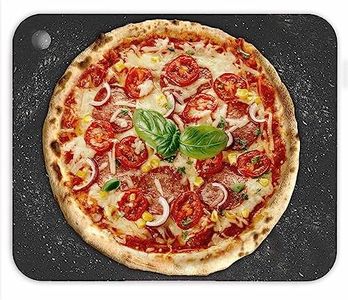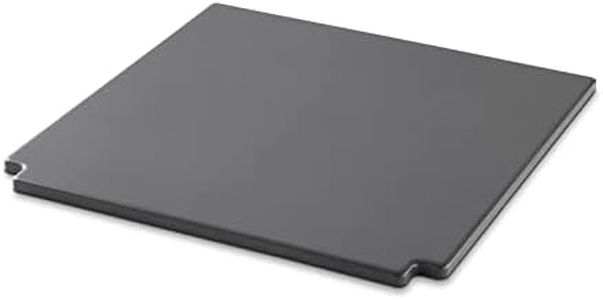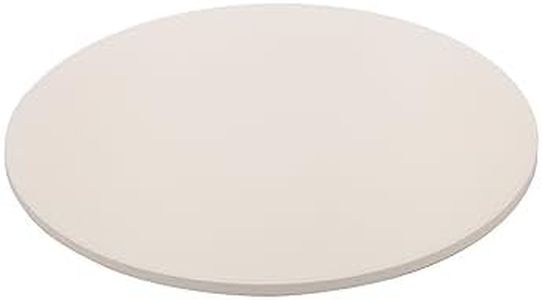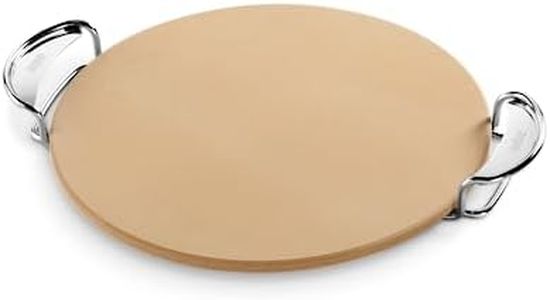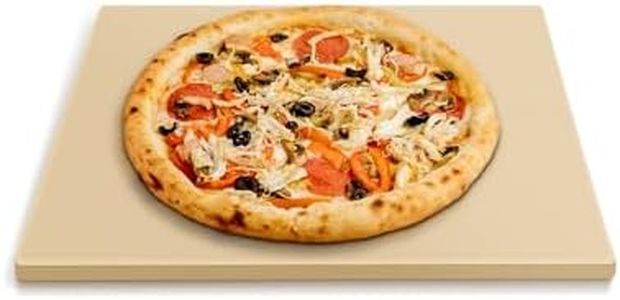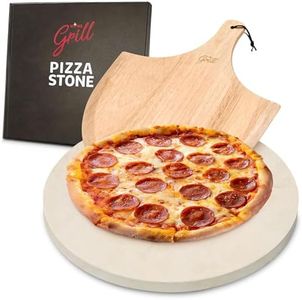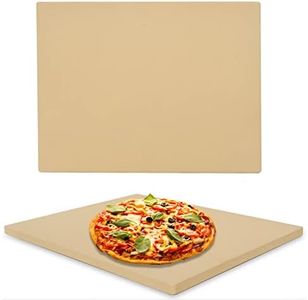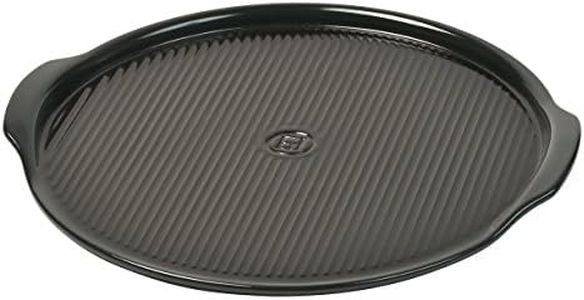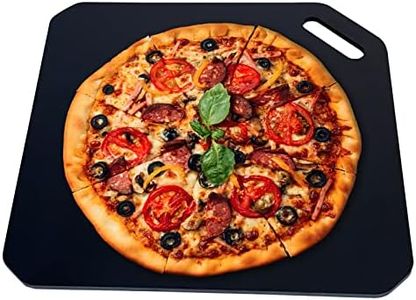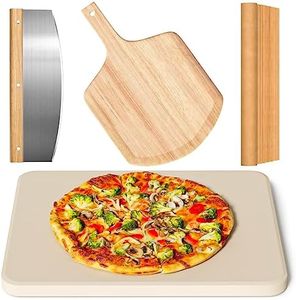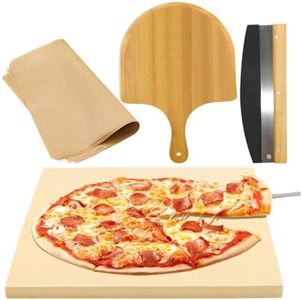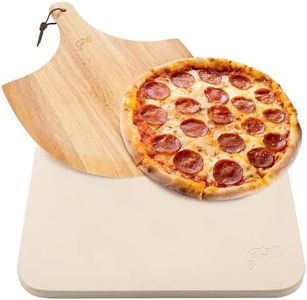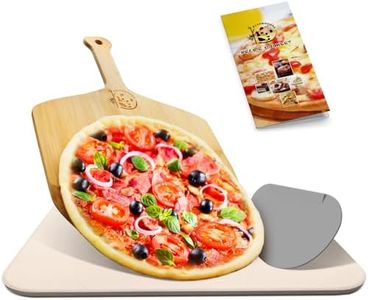We Use CookiesWe use cookies to enhance the security, performance,
functionality and for analytical and promotional activities. By continuing to browse this site you
are agreeing to our privacy policy
10 Best Pizza Stones
From leading brands and best sellers available on the web.By clicking on a link to a third party's website, log data is shared with that third party.
Buying Guide for the Best Pizza Stones
Choosing the right pizza stone can make a huge difference in how your homemade pizza turns out. Pizza stones are designed to replicate the bottom heat of a pizza oven right in your kitchen oven or on your grill, giving you a crispier crust and more consistent baking results. To pick the one that best suits your needs, it’s important to pay attention to several key characteristics. By understanding these, you can match a pizza stone to your typical usage habits and enjoy better pizza at home.MaterialThe material of a pizza stone affects its heat retention, durability, and how it cooks the pizza. Common options include ceramic, cordierite, and cast iron. Ceramic stones heat evenly and are good for crispy crusts but are more prone to cracking from thermal shock. Cordierite stones are valued for their resistance to temperature changes and durability, making them ideal for frequent bakers. Cast iron stones are virtually unbreakable and can be used on both the stove and grill, plus they don't require preheating as long as the others. To choose wisely, consider how often you’ll use it and if you’ll want to use it on a grill or only in the oven.
Size and ShapePizza stones come in various sizes and shapes, like round, square, or rectangular. The size determines how large a pizza you can make and affects how well it fits in your oven or grill. A 14-16 inch diameter round stone fits most standard ovens and works for medium or large pizzas, while rectangular stones can be great for multiple small pizzas or other baked goods. Think about your usual pizza size and the appliance you’ll use most often, then choose a stone that fits comfortably.
ThicknessThicker stones (around 3/4 inch or more) retain heat better and help achieve a crisp crust, but they are heavier and take longer to preheat. Thinner stones (about 1/2 inch or less) heat up and cool down faster but may not give as even of a cook and can break more easily. If you want a stone that gives you the most consistent and crispy results and you don’t mind a bit more preheating time, go for a thicker option. If you need something lighter and easier to handle, a thinner stone might suit you better.
Ease of CleaningSome pizza stones are more porous than others, which means they can absorb oils and stains easily. Cordierite and cast iron stones tend to be easier to clean and less likely to retain odors or stains. Ceramic stones require more careful handling and may need gentle scraping instead of washing. If you want less fuss after baking, look for stones with a smoother, less porous surface or those specifically labeled as easy-clean.
Heat ResistanceThis refers to the stone’s ability to withstand high temperatures without cracking or breaking. Stones with higher heat resistance allow you to use them not just in ovens, but also on grills or even directly over flames. If you plan on baking pizza at high temperatures or outdoors, a stone with excellent heat resistance, such as one made from cordierite or cast iron, is a better fit.
